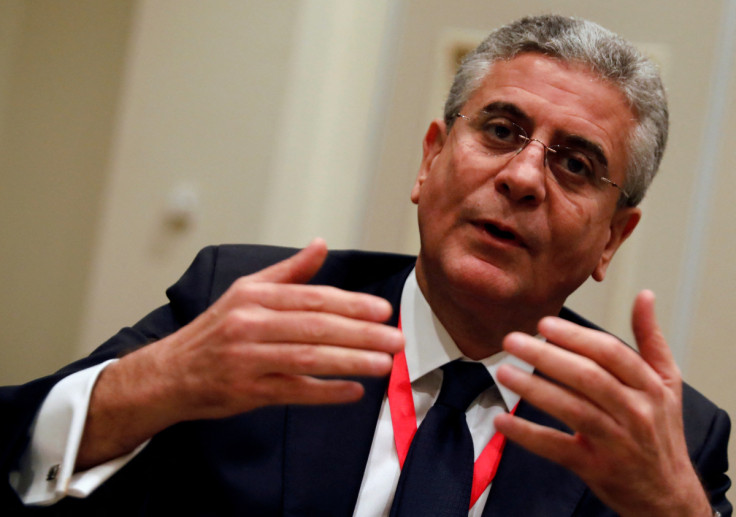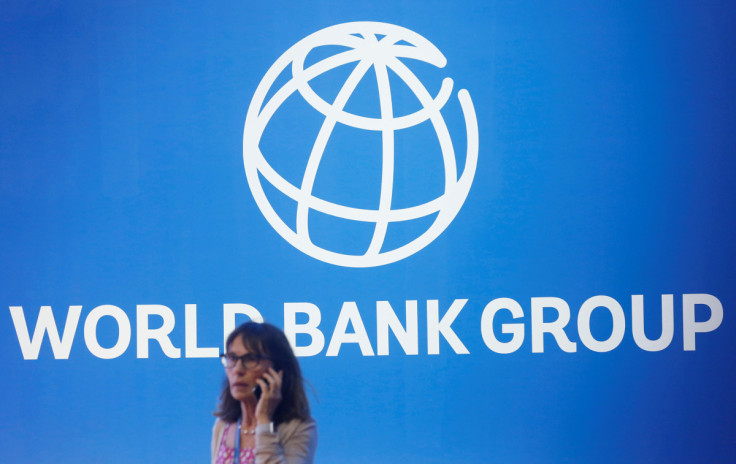World Bank most concerned in MENA about Lebanon and Tunisia
The World Bank is particularly concerned in the Middle East and North Africa region about Lebanon and Tunisia and, to a lesser extent, Egypt and Jordan, the bank's vice president for MENA said on Tuesday.

The World Bank is particularly concerned in the Middle East and North Africa region about Lebanon and Tunisia and, to a lesser extent, Egypt and Jordan, the bank's vice president for MENA said on Tuesday.
"We have a number of tensions in those countries," including debt levels and high inflation, Ferid Belhaj told Reuters on the sidelines of the World Government Summit in Dubai.
"The role of the state in the economy, generally in MENA, has always been a matter of concern for us," he said, adding there was a "a chunk" of public debt that is not disclosed, referring to debts of state-owned enterprises.
"And we are advocating that transparency because that's the only way you can start reforming - you need to have your books clear in front of you," Belhaj said.
In Tunisia, he said a drive for reform was "moving forward, but slower than what we wish it to be."
While Lebanon has long had high levels of public debt, it is becoming "extremely problematic," Belhaj said.
"People are feeling the brunt of the almost-collapse of the financial sector," he said, adding Lebanon "is really one of those places that, as they say, keeps you awake at night."
The World Bank has already committed $900 million to Egypt this fiscal year through June, and "will see how things go - we may commit more," Belhaj said.
A country partnership framework with Egypt - typically a five-year programme - will hopefully go to the World Bank's board on March 21 for approval, he added.
Egypt last week said it plans to sell stakes in at least 32 state companies by the end of March 2024, which Belhaj said was important.
"It's not going as far as you want it to go, but I see it," Belhaj said of reforms in the region. "Unfortunately progress, because of what's happening in the world, sometimes backtracks a bit. But that's life."

Copyright Thomson Reuters. All rights reserved.





















